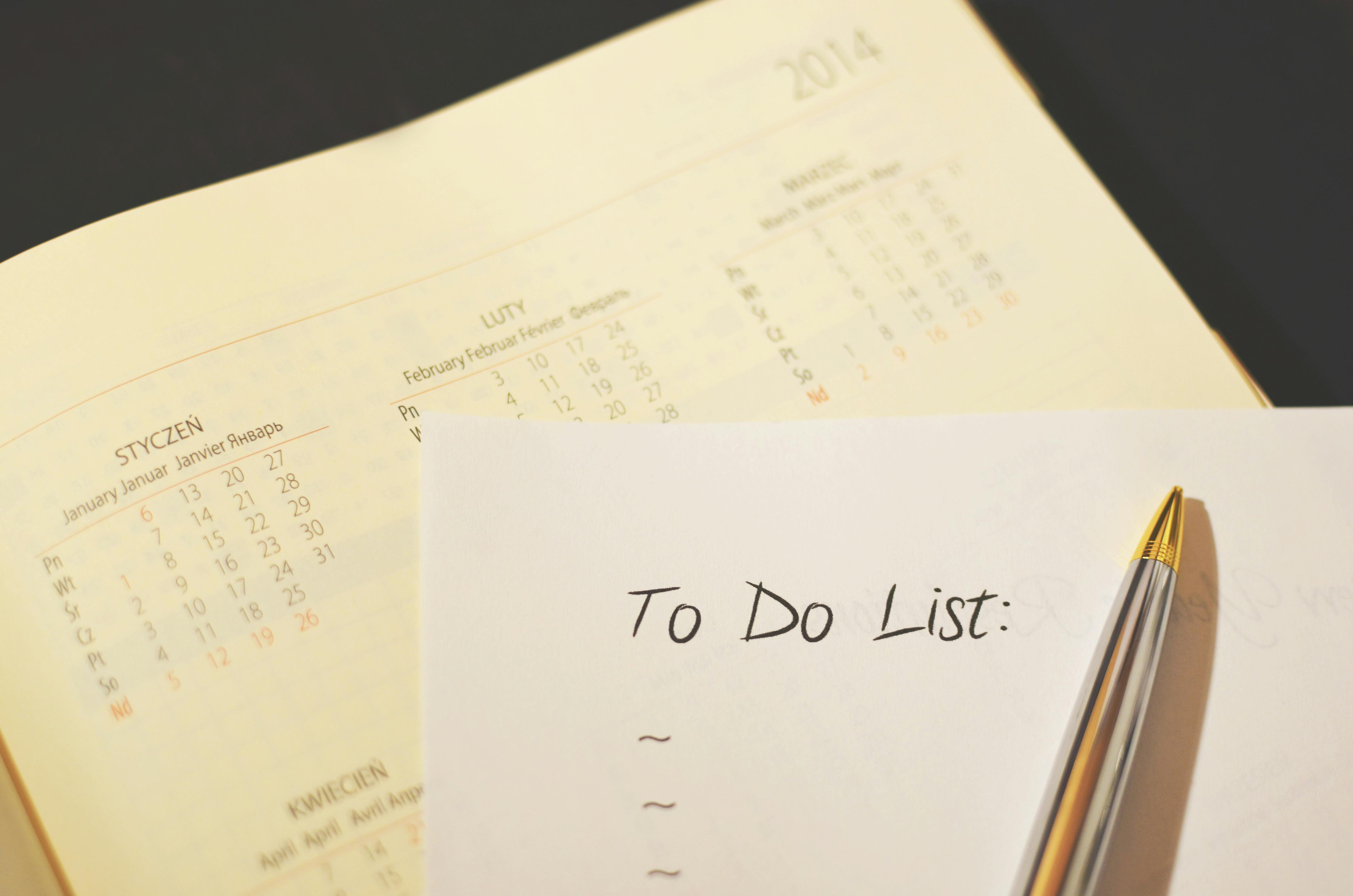Studying for a next-day exam is one thing.
Studying for one that's two months away? You'll probably think you have all the time in the world. That's exactly what I thought when I signed up for the Brain Bee, a challenging neuroscience competition for high schoolers.
The two-month long journey was new and foreign to me, but I'm endlessly grateful that I had the chance to participate. I ended up placing 3rd out of 25 very talented students from high schools in my area. Here's how I studied efficiently and (mostly) stress-free.

Image Credit: Pixabay from Pexels
Let us slide into your dms 🥰
Get notified of top trending articles like this one every week! (we won't spam you)1. Plan. It. Out.
No, do not 'wing' it. If your exam is two months away, there's a reason your teacher told you two months prior. Procrastinating will only lead to stress, which is not what you're aiming for. For example, here's how I studied for my competition.
In total, I had 10 weeks to prepare for the Brain Bee. The first 3 weeks, I read the Brain Facts Book and took notes on each chapter, then converted the notes into flashcards. I was pretty lenient on myself or these first few weeks, because I knew I had time.

Image Credit: Pixabay from Pexels
The following 3 weeks, I completely focused on flashcards, flashcards, and more flashcards. For me, reading a sentence from a textbook doesn't solidify it in my mind. I had to create a flashcard and practice.
Finally, in my last 4 weeks, I filled in the gaps in my knowledge. I searched up past competitions, since some had been recorded. I used practice questions and mock exams, and I even watched YouTube videos, since I'm a visual learner.

Image Credit: Breakingpic from Pexels
Plan your study schedule out so it's achievable, and gives you some breather time in between. Schedule your studying so that if you fall behind, it's easy to catch up.

Take the Quiz: Which Fall Activity Should You Try Next?
Fall is full of exciting activities to match your vibe! This quiz will help you discover the perfect way to enjoy the season.
2. Consistency is Key
On bad days, it was hard for me to open Quizlet and run through my flashcards. But doing so is what eventually led to my success in the competition. So, how do you stay consistent?
To begin with, give yourself an incentive to work hard. Whether it's a piece of chocolate you're saving, or some deserved Netflix, make sure to reward your effort. In this study from Sweden, data shows "reward reduced burnout and improved self-rated health." In other words, don't leave yourself hanging. Understand that your effort is appreciated, and celebrate the small victories.

Image Credit: Taryn Elliott from Pexels
3. How To Actually Study
I vividly remember the day of the Brain Bee. As the competition concluded, the first place winner was hounded with questions. They were asked, "How did you study?"
Their response? Flashcards.
There's a large misconception that you'll remember facts by simply reading them. While this may work for short term situations (like re-reading a chapter 20 minutes before a quiz), you'll likely forget the information if your test isn't that soon. Instead, use a method called active recall. Goodnotes describes this method as "the process of searching your brain to find an answer."

Image Credit: Bich Tran from Pexels
Here are some ways to practice this strategy:
1) Flashcards!
2) Write questions as you take notes, then answer them.
3) Make practice tests for yourself using your study materials (or search one up!)
4) Have a friend quiz you.
4. No Fear - Youtube Is Here
Don't understand a concept? 9 times out of 10, there's a video that caters to your exact needs on Youtube. I watched videos explaining neuroscience a lot during my studying, and it helped me visualize what I was learning. Even if you think you've got the information locked in, videos can help summarize your understanding.

Image Credit: ThisIsEngineering from Pexels
Here are some of my favorite resources:
The Organic Chemistry Tutor: Teaches chemistry, math and physics topics in short videos, as well as covering entire units to prepare you for final exams.
Neuroscientifically Challenged: Teaches all things neuroscience in short 2-15 minute videos. I watched his videos in preparing for the Brain Bee.
Heimler's History: Provides help in AP European History, World History, APUSH, and AP Gov. Not only are there videos that recap each chapter, there are unit reviews. Best thing? Heimler teaches you how to write a thesis, DBQ, encounter the LEQ without knowledge of the prompt and wonders more.
Special tip for my math-people: If you're using Photomath, use it the right way. Look at the steps and how to encounter the problem. Don't move on to the next step if you don't know how you got there in the first place!
To Wrap It Up
Studying looks different to everybody, but with the right preparation, anyone can succeed. Let this article serve as a reminder to persevere. And finally, get some sleep.
You do not need to pull an all nighter, I promise you. Happy studying!













